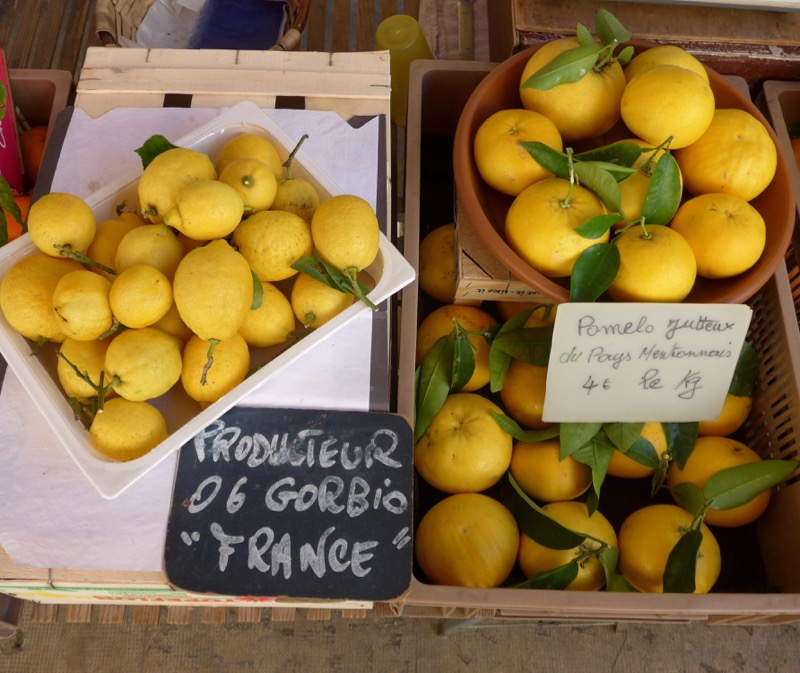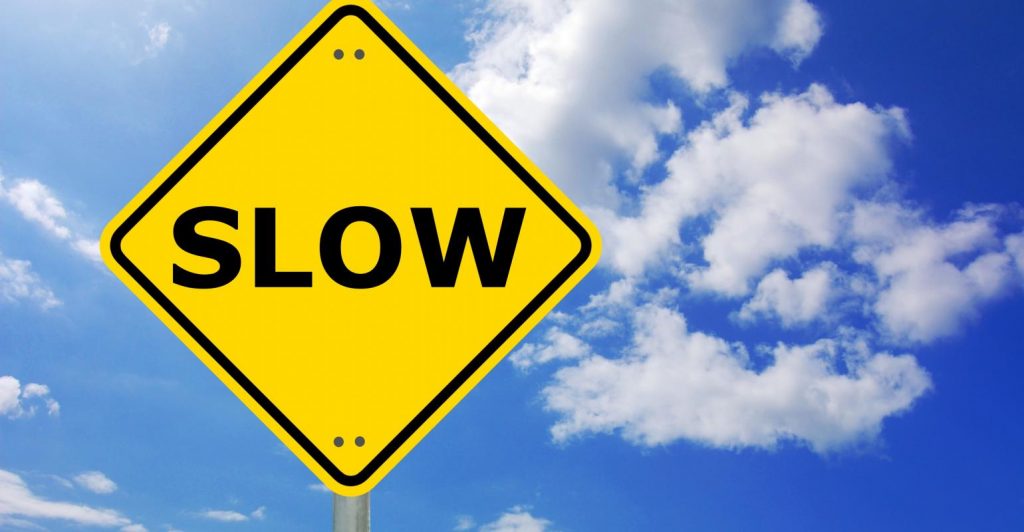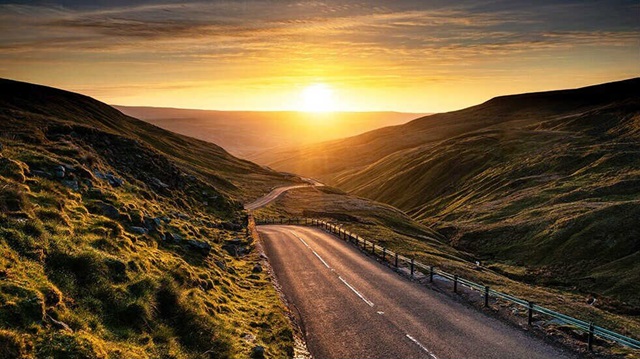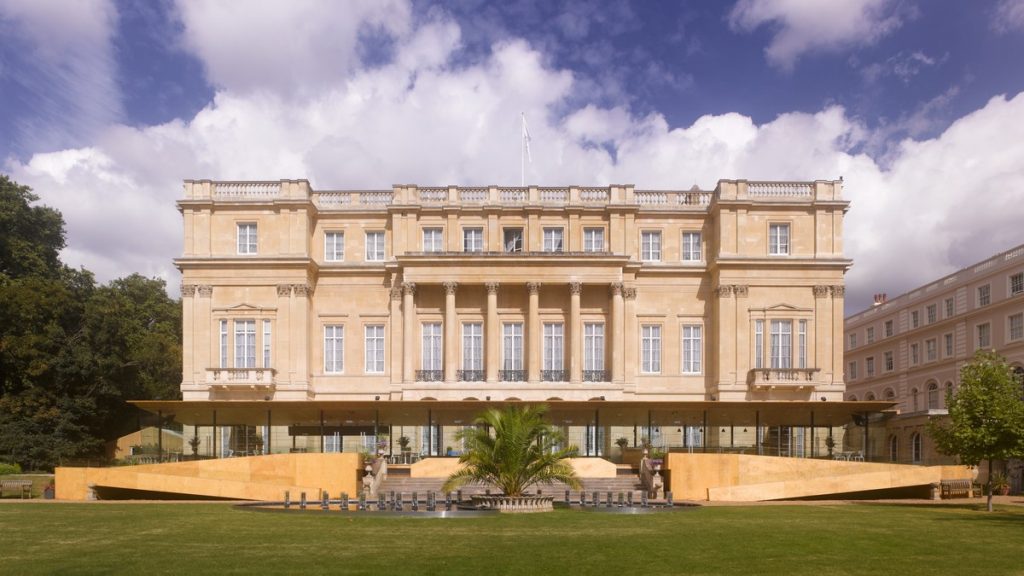Other People
To quote an old proverb, “one man’s meat is another man’s poison”. Or, as they say in France, “one man’s fish is another man’s poisson.”
For men and women everywhere, it’s a reminder that what might be heaven for you, is hell for someone else.
I’m not sure whether Jean-Paul Sartre was into his fish, but he certainly reckoned that “hell is other people”. A thought which may resonate with someone who has just experienced four months of lockdown.
Firstly, even within the same household, there have been many lockdowns and even the closest of families may have experienced things extremely differently.
Likewise, for an individual, lockdown may have seemed to be heaven or hell, sometimes within the same day, week, or month.
This matters because it should make us wary about rushing to a consensus about how we work.
When was the last time someone asked you these questions, and really LISTENED to the answers?
Where do YOU do your best work? How well equipped is YOUR home as a place of work? How important to YOU is being around other people? How can I make YOUR work more enjoyable?
These questions matter, because we are all unique.
Yes, “mi casa es su casa”, however when it comes to being at our best, I won’t confuse my house with yours.
How do YOU work well?




